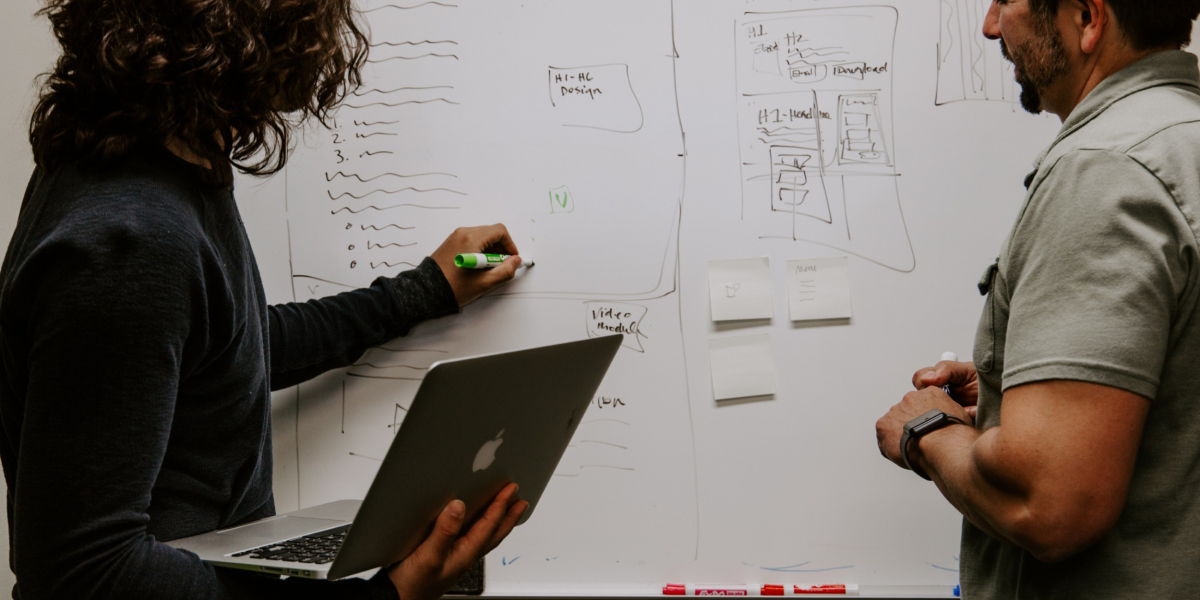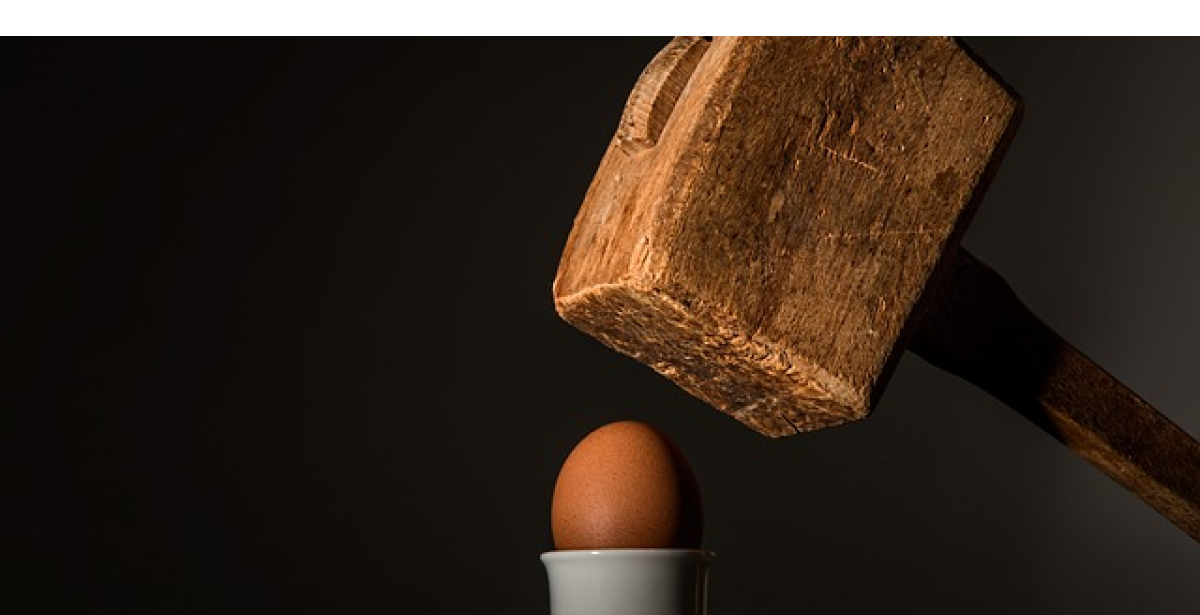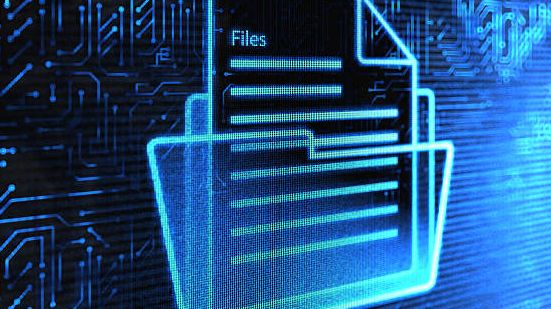-
A Step-by-Step Guide to Publishing Oral History Interviews Online

In the age of digital connectivity, sharing oral history interviews has become more accessible than ever before. By publishing your interviews online, you can transform these precious resources into a global repository of knowledge, enriching the historical landscape and preserving the voices of those who have shaped our world. This guide will delve into the…
-
Tips on How to Build a Career as an Oral Historian

Oral historians are scholars who collect, preserve, and interpret oral testimonies to provide first-person perspectives on historical events and experiences. They work in a variety of settings, including universities, museums, libraries, archives, and government agencies. This blog will explore strategies for individuals seeking careers in oral history to develop their skills and achieve success. Let’s…
-
Tips on how to Approach Potential Interviewees and Get Their Consent to be Interviewed

When conducting oral history interviews, it is important to approach potential interviewees in a respectful and professional manner. You should also be clear about the purpose of the interview and obtain their informed consent before proceeding. Here are some tips on how to approach potential interviewees and get their consent to be interviewed: 1. Identify…
-
Navigating Ethical Considerations in Oral History: Practical Tips for Respectful Research

Delving into the realm of oral history is akin to embarking on a journey through time, where the echoes of the past reverberate through the voices of individuals who have witnessed and shaped the events that have unfolded. As oral historians embark on this journey, it is imperative to tread with respect and sensitivity, ensuring…
-
Tips on how to Deal With Sensitive Topics in an Oral History Interview

Oral history interviews can be a powerful way to document personal stories and experiences, but they can also be challenging, especially when sensitive topics are involved. As an interviewer, it is important to be respectful and sensitive to your interviewee, and to create a safe and supportive space for them to share their story. Here…
-
The Art of Snowball Sampling in Oral History Research
As a researcher, identifying participants who can shed light on the historical events or periods under investigation is paramount for researchers engaging in oral history research. While traditional methods, such as random sampling or relying on archived records, may yield some valuable insights, they often fail to capture the rich diversity of experiences and perspectives…
-
Tips On How to Use Social Media to Conduct Oral History Interviews

Social media can be a powerful tool for conducting oral history interviews. It can help you to connect with potential interviewees, recruit participants for your project, and gather data in a variety of ways. Here are some tips on how to use social media to conduct oral history interviews: Choose the Right Platform The right…
-
6 Factors to Consider for High-Quality Oral History Transcripts

Oral history transcription can be challenging, and it is important to keep a number of factors in mind in order to ensure the accuracy and reliability of your transcripts. Here are my top six key factors The Complexity of Your Audio File The complexity of audio can affect the transcription process in several ways. Difficulties…
-
How to Digitally Archive Your Oral History Interviews.

If you have conducted oral history interviews, you may be wondering how best to archive them digitally. There are a number of different digital archives where you can store your oral history interviews. Some of these archives are specialized for oral history, while others are more general-purpose. When choosing a digital archive, it is important…
-
How to Use Oral History for Social Change

Oral history is a powerful tool for social change. It can help to give voice to marginalized communities, document injustice, and inspire activism. Here are some ways to use oral history for social change: Document the experiences of marginalized communities. Oral history can help to give voice to people who have been historically silenced or…